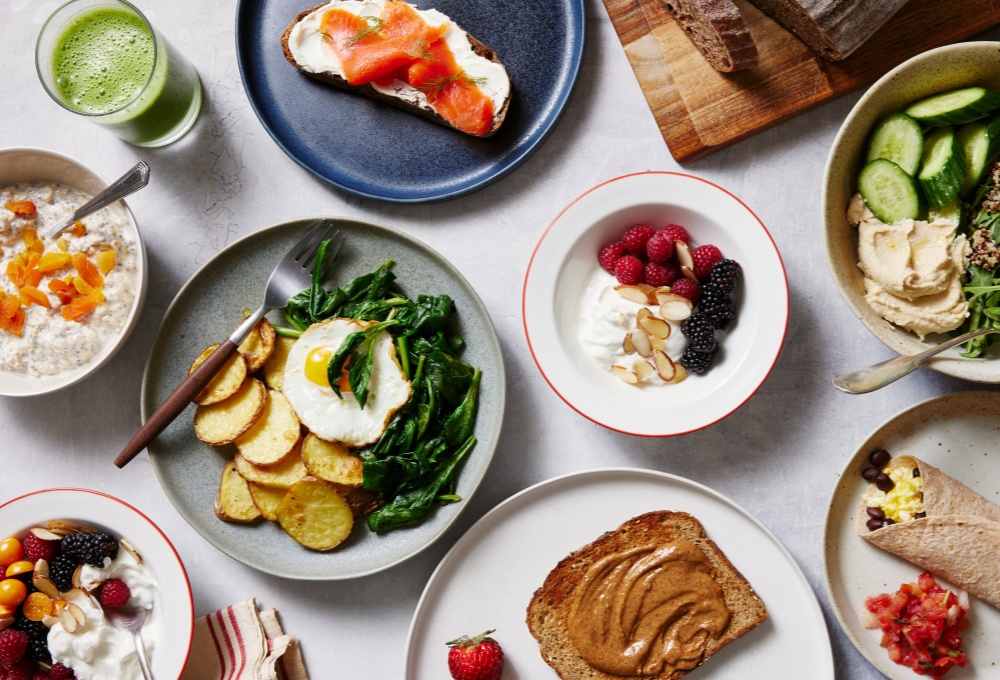A balanced diet is one that gives your body all the nutrients it needs to function correctly. It includes a variety of foods from all the food groups: fruits, vegetables, grains, proteins, and dairy or their alternatives.
Fruits and vegetables are packed with essential vitamins and minerals, as well as fiber, which aids digestion. Aim to fill half your plate with a colorful variety of these nutrient-dense foods.
Grains, particularly whole grains, provide energy in the form of carbohydrates. They also contain fiber, and several B-vitamins. Make sure at least half of your grain intake is whole grains, such as brown rice, quinoa, or whole grain bread.

Proteins are essential for building and repairing tissues in your body. They also play a role in immune function and creating enzymes and hormones. Sources of protein include meats, poultry, fish, eggs, and plant-based options like beans, lentils, and tofu.
Dairy products or their alternatives provide calcium and vitamin D, which are crucial for bone health. Choose low-fat or non-fat options to limit your intake of saturated fats.
In addition to these food groups, healthy fats from sources like avocados, nuts, seeds, and olive oil should also be part of your balanced diet. These fats are essential for brain function and the absorption of certain vitamins.

Portion control is another essential aspect of a balanced diet. Even healthy foods can contribute to weight gain if eaten in large quantities. Use measuring cups or a food scale to ensure you’re not overeating.
Hydration is also crucial for health. Water aids in digestion, nutrient absorption, and the elimination of waste from the body. Aim to drink at least eight glasses of water a day, more if you’re active or live in a hot climate.
Regular physical activity complements a balanced diet and contributes to overall health. Aim for at least 150 minutes of moderate-intensity or 75 minutes of high-intensity activity each week.
Lastly, remember that everyone’s nutritional needs are different, influenced by factors such as age, gender, weight, and activity level. It’s essential to listen to your body and adjust your diet as needed.Creating a balanced diet for optimal health doesn’t have to be complicated. By including a variety of foods from all food groups, practicing portion control, staying hydrated, and being physically active, you’re on your way to achieving and maintaining optimal health. Your body will thank you with increased energy, improved mood, and better overall health.


